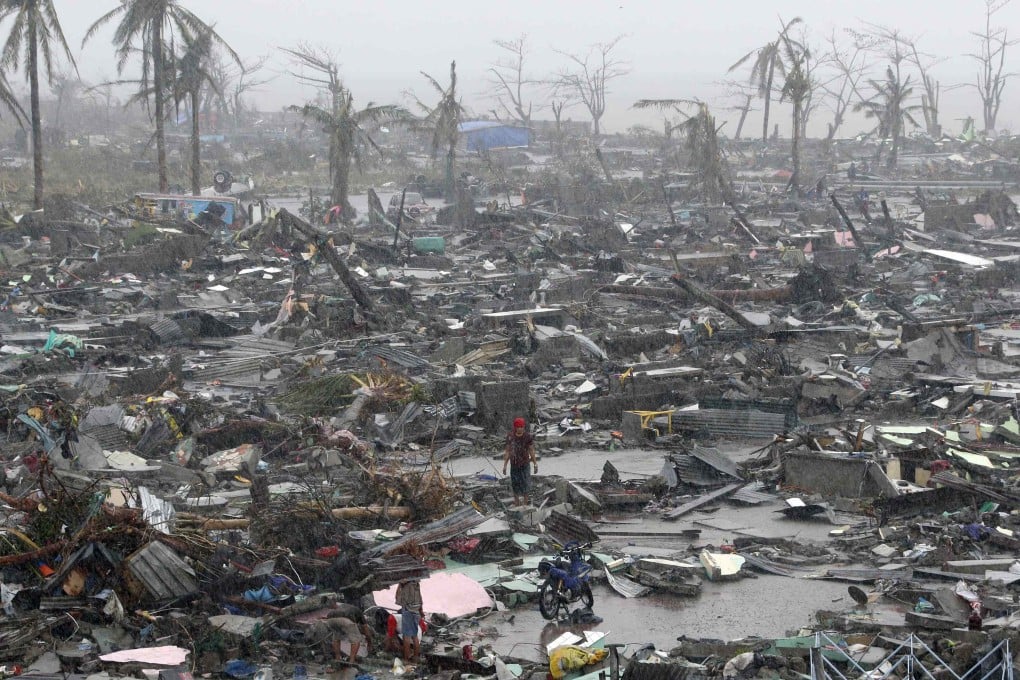33 reasons why mankind isn't acting to stem global warming
Most of us realise how devastating climate change is likely to be, yet do very little to slow the process. Robert Gifford taps into mankind's primal tendencies to explain our potentially life-threatening inertia

By now, most reasonable people understand that they have been burning too much carbon. Most of these same people are still burning too much carbon. There is a big gap between our views on climate change and what we are actually doing about it. Unfortunately, actions are what matter, not sentiments or good intentions.
Most of us have taken some steps in the right direction. However, we continue to produce greenhouse gases. Sometimes, we cannot do better; not everyone can afford solar panels or has the space to erect them, many people couldn't ride a bike to work even if they wanted to and Hong Kong would be almost unbearable at this time of year without a certain amount of air-conditioning. These are structural barriers, beyond an individual's control.
However, for those not restricted by such barriers, adopting more pro-climate choices and behaviours is quite feasible. Yet, so far, we are not taking enough action to decrease emissions. Why is this? What is stopping us from doing at least the things we are capable of?
A few years ago, I began researching this problem. It quickly became apparent that many of the barriers to action are not structural, but psychological. They are what I call the "Dragons of Inaction". In mythology, dragons take on a wide array of forms, and Asian dragons can be benevolent. However, as a Westerner, I use dragons as a metaphor for these obstacles because Western dragons always seem to be blocking humans from some goal or aspiration. Perhaps another less obvious reason for this choice lies in the word itself: these barriers are a "drag on" progress.
Once one begins looking, a large number of dragons can be found. I have identified 33, classified into seven fearsome families:
Humans are far less rational than once believed - which is also true when it comes to thinking about climate change. This family, the largest, includes 10 species of dragon.
Our physical brain hasn't evolved much in 30,000 years. Back then, we were wandering around the savannah, concerned mainly with our immediate kith and kin, proximate dangers and quickly exploitable resources. Although we have learned to think (a bit) about other people, distant threats and slowly exploitable resources, our ancient brain tends to fall back into the here and now, which is inconsistent with paying much heed to the gradual and often distant effects of climate change. This makes us slow to act.